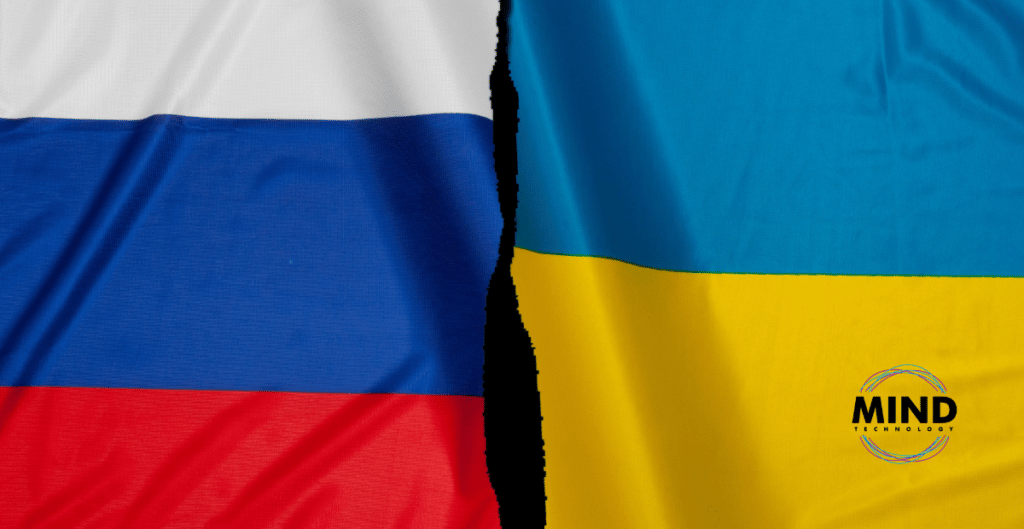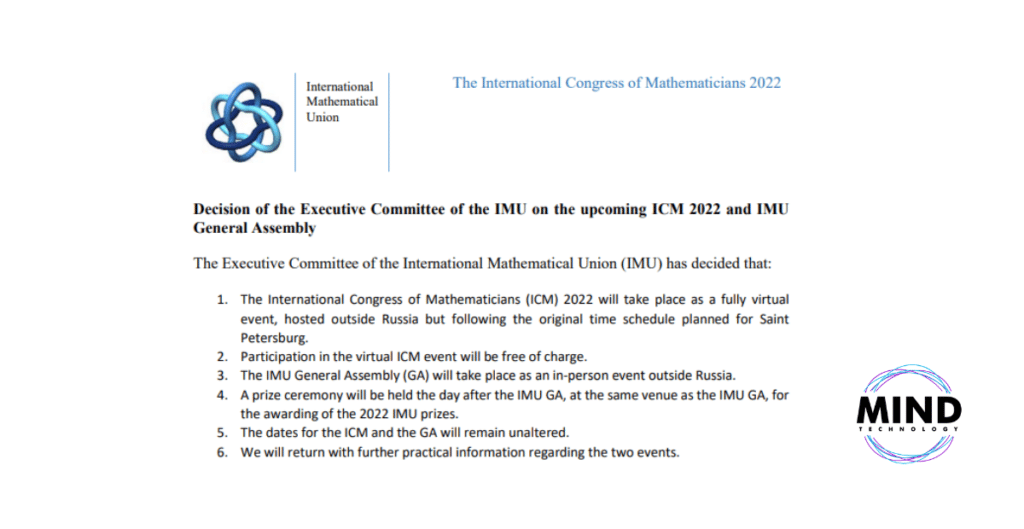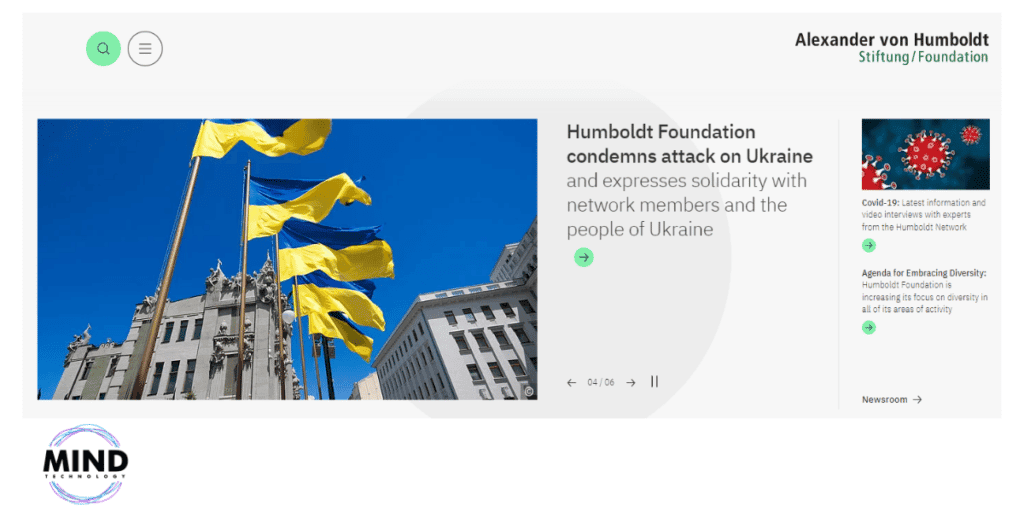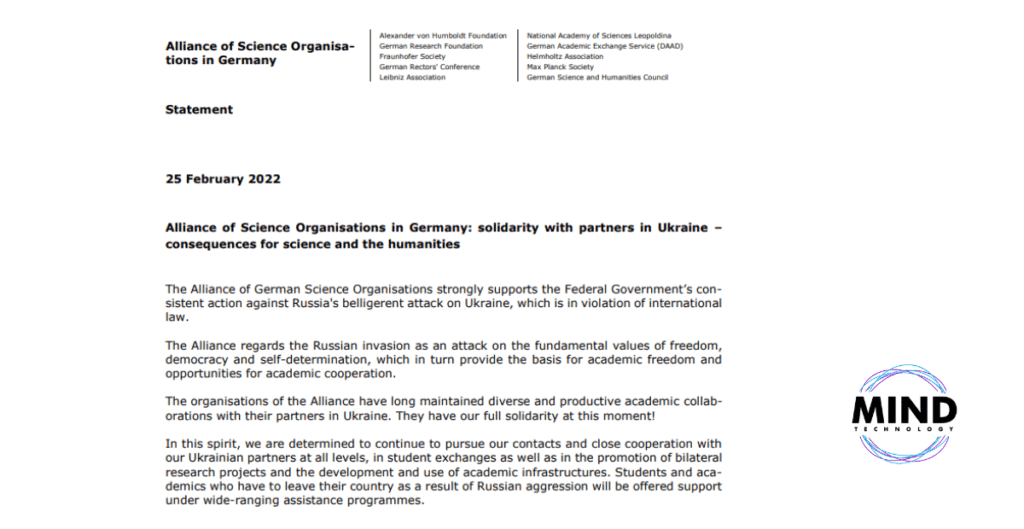The Russia Ukraine conflict has been affecting events around the world for quite some time now. Conferences and congresses in Ukraine and Russia are being canceled, relocated, or rescheduled due to the volatile political situation.
Russia’s invasion of Ukraine, anticipated for weeks by US president Joe Biden and leaders in the white house, and Western allies and undertaken by Putin in the face of international condemnation and cascading sanctions, amounts to the largest ground war in Europe since World War II.
This has left many event planners scrambling to come up with alternate plans. In some cases, events have had to be canceled altogether, causing significant financial losses for the organizers.
Professional associations are the ones who are typically most affected by these events. They rely on conferences and congresses to bring together members from around the world to discuss important topics and developments in their field.
It is important for professional associations to stay informed about the situation in Russia and Ukraine. They need to be aware of the potential implications this conflict could have on their events. It is also important for them to keep members updated about any changes that may occur.
Overview
1. Uncertainty regarding the stability of the region
2. Contingency plans will have greater relevance in event planning
3. Registration timeframes affected
4. Hybrid events lower costs in virtual alternatives
7. Lower costs in virtual alternatives
8. Conclusion

How has the Russian invasion affected conferences and congresses around the world?
Several events that have been held year after year have had to be postponed due to the situation and still do not have a clear date of realization.
What are the societies doing about the Ukraine crisis?
Several medical societies have been emphatic in expressing their rejection of the current situation, stressing the importance of investing in science and no longer waging war.
As the war in Ukraine continues, several international scientific organizations have released statements expressing their rejection of Russia’s involvement. On February 28th, several international scientific organizations have announced they’re rooting against Russia and Ukraine in their war. They used social networks to express themselves via open letters as well.
In a recent open letter, hundreds of scientists and academic members from around the world have declared their opposition to Russia’s military campaign in Ukraine. The document was signed by many prominent names including those at Skolkovo Institute for Science & Technology near Moscow; Mikhail Gelfand wrote that he fears “the ongoing armed violence could damage our country’s reputation as well as vital interests.”
The letter has been shared online several times and continues to gain traction throughout the international scientific community.
These events have caused a significant impact not only in the academic world but also in society as a whole, affecting conferences, congresses, and events around the world. It is important for us to stay informed about the situation and be aware of how it is affecting our everyday lives. We must remember that events like these are not only happening in Russia and Ukraine but also have a global impact.
Uncertainty regarding the stability of the region.
The International Congress of Mathematicians (ICM) was originally going to be held in St. Petersburg this year but was changed so that the event will no longer take place there due to concerns about security issues stemming from recent events related to Russia’s involvement inside Ukraine.
The decision to move the meeting away from Russia is unprecedented for the congress and their assistance who on very few occasions in more than a century have seen their meeting dates or places changed.
Professional Associations rely on conferences and congresses to bring together members from around the world to discuss important topics in their field.

Contingency plans will have higher relevance in event planning.
Russia’s actions are condemned worldwide and this makes a face-to-face event in Russia impossible.
Conference organizers are taking a number of precautions to ensure the safety of their attendees. Among the decisions taken by some organizers have been the suspension, cancellation, rescheduling of their events for security reasons and others are changing venues.
However, the situation is far from over and the world authorities are trying to take action. Symbolic actions expressing their censure of Russia are some of the decisions of event organizers, but the constant threat of war makes direct intervention by the world community very difficult.
These are terrifying times for Ukrainians as bombs rain down on cities and civilians rush to Cold War-era bomb shelters. Thousands have died already in what German Chancellor Olaf Scholz has dubbed “Putin’s war” – civilians as well as soldiers. Some events have symbolically removed Russian participation from the event, complying with all sanctions and government policies derived from this situation.
Registration timeframes affected
Canceled events can have a significant impact on attendees, who may have already incurred costs such as flight reservations and hotel room reservations. Some attendees may have also purchased tickets or made other arrangements for activities in the host city. waiting longer to register can cause frustration among potential participants.
Some events have been postponed, and this has caused some inconvenience to participants who now must wait longer to know when the event will take place. This also puts a financial burden on the associations that are organizing these events, as they are responsible for returning money to participants and sponsors who have already paid.
This has caused a general backlash from medical and scientific associations who are starting a global campaign to veto Russia from their commercial and academic relations.
For example, German researchers have announced that they will no longer collaborate with Russia’s state institutions and commercial enterprises. This decision follows a series of harshly-worded warnings from Germany about human rights violations in the country. The Alliance of Science Organisations in Germany reported that they have stopped all scientific collaboration with state institutions and commercial enterprises from Russia.

The Alliance consists of major German organizations, such as the Alexander von Humboldt Foundation; the German Academic Exchange Service; the German Research Foundation; the Fraunhofer Society (FhG); the Helmholtz Association (HGF); Leibniz Association (LG); German National Academy of Sciences Leopoldina.

The European Federation of Academies’ reaction was swift and harsh. They expressed their shock at the incident, calling on Russia to respect international conventions protecting civilians in times like these while expressing deep concern for academic colleagues across the country
The Spanish Society of Biochemistry and Molecular Biology (SEBBM) has posted a statement on its Twitter account in response to last night’s attack by Russia: We join the repulsion and condemnation of the war declared by #Russia. All our solidarity with the Ukrainian people after the attack initiated by Russia during the early hours of this Thursday”.
Hybrid events lower costs in virtual alternatives.
As events around the world are being affected by the Russian-Ukrainian conflict, hybrid events are on the rise. Hybrid events are a combination of online and in-person events. They offer a way for people to connect with each other online and then meet in person. This is a great way for people to stay connected and meet new people.
Professional medical associations are taking the decision to hold their events in a hybrid and in some cases totally virtual manner. This is a way for them to ensure the safety of their members and reduce the costs of the event. They are able to connect with each other online and then meet in person. This is a great way for people to stay connected and learn from one another.
It is important for us to be aware of the events that are happening around us. We must remember that these events, the cost makes them more beneficial and the opportunity to connect with people from all over the world makes them a better option than ever before.
Similarity with COVID
This situation is not new. Since 2020, technology has developed in advance, allowing the realization of hybrid or fully virtual events. There is currently a trend towards smaller events that are repeated more frequently. For example, an event that used to happen once a year can now happen twice or even three times because of technological development in the last two years.
The migration from in-person work to virtual format is here to stay, with the recent pandemic of covid-19 an atmosphere of online cooperation was created, which allows the realization of increasingly large events through these platforms.
This type of event has no geographic limitation whatsoever. Online events are accessible from anywhere in the world and through multiple devices.
Technological development.
They allow people who previously could not connect with the events to be virtual, from different nationalities, without restrictions of migration or schedule, now everyone can be connected in a single click, this allows international cooperation and greater dissemination of knowledge.
The development of technological tools such as:
- Google Hangouts.
- Jitsi.
- Skype.
- ooVoo.
- Zoom.
- UberConference.
- Discord.
- Google Duo.
Lower costs in virtual alternatives.
Using a multi-device online platform, these events can support all types of content and activities, offering users an immersive experience without the need to travel to a specific location. Rather, it is these events that are brought to the screen of any device with an internet connection.
Cost reduction is the main attraction of virtual events for both organizers and attendees, in the case of participants, they will be saving on travel, food, and lodging expenses.
In addition, organizers will not have to worry about setting up stands or looking for physical spaces where the event can be held.
In this way, profit margins will also be high, since the expenses that the organization will have will be lower.
Conclusion
The Russia-Ukraine war promises to be a conflict as devastating as the World War and the Cold War if a diplomatic solution is not reached between the Russian leader and the Ukrainian authorities.
Since, in Soviet times, the confrontation between Russian troops and the Ukrainian army has left thousands of wounded.
Sanctions have been applied to target the Russian economy and European Union countries, as well as the United States, are hoping that these steps will put an end to the Russian invasion and a conflictS that has destroyed much of Ukrainian cities and are heading toward Europe’s largest refugee crisis.
The international scientific community makes an effort from its position to reject what has happened in recent days, through these academic authorities is intended to raise awareness about the power of the actions of the community, to condemn this kind of madness and injustice.
This is a time for us to come together and show our strength as a community, we need to stand united and support each other through these difficult times. Hybrid and virtual events are emerging as the best option for these times of global instability, and we need to stand together as a global community and support each other in these difficult times. Events offer a unique opportunity for people from all corners of the world to come together and learn from each other, so let’s make sure we don’t lose sight of that goal.